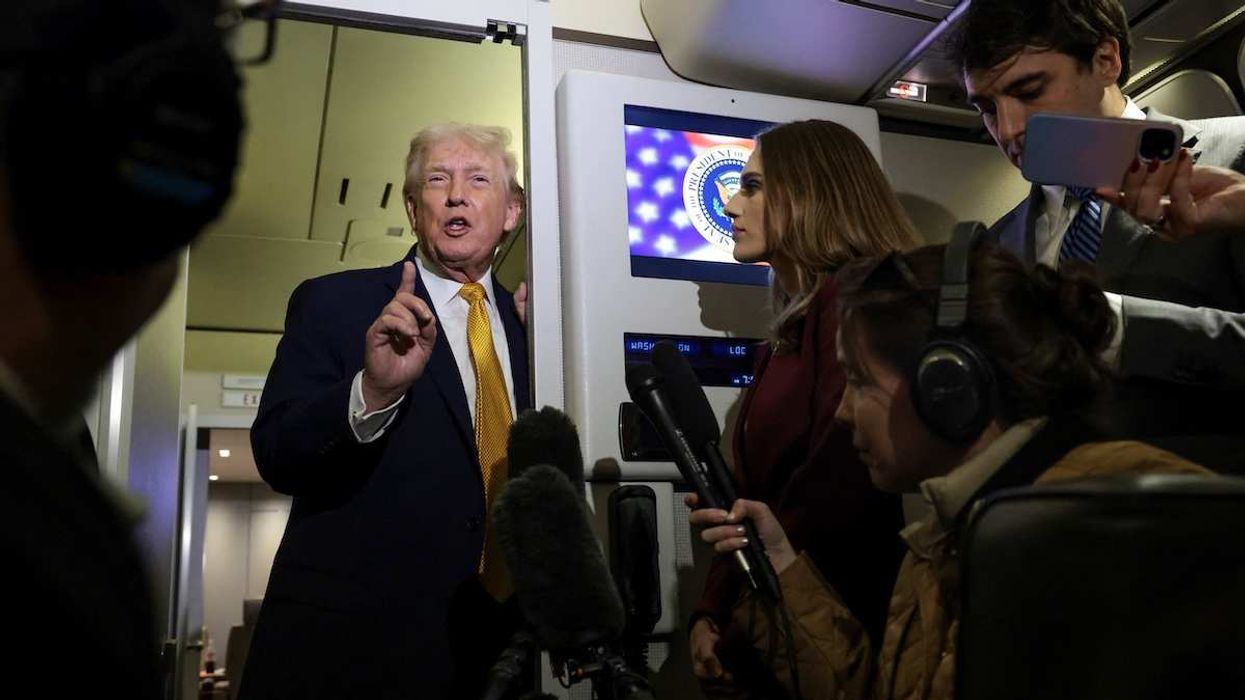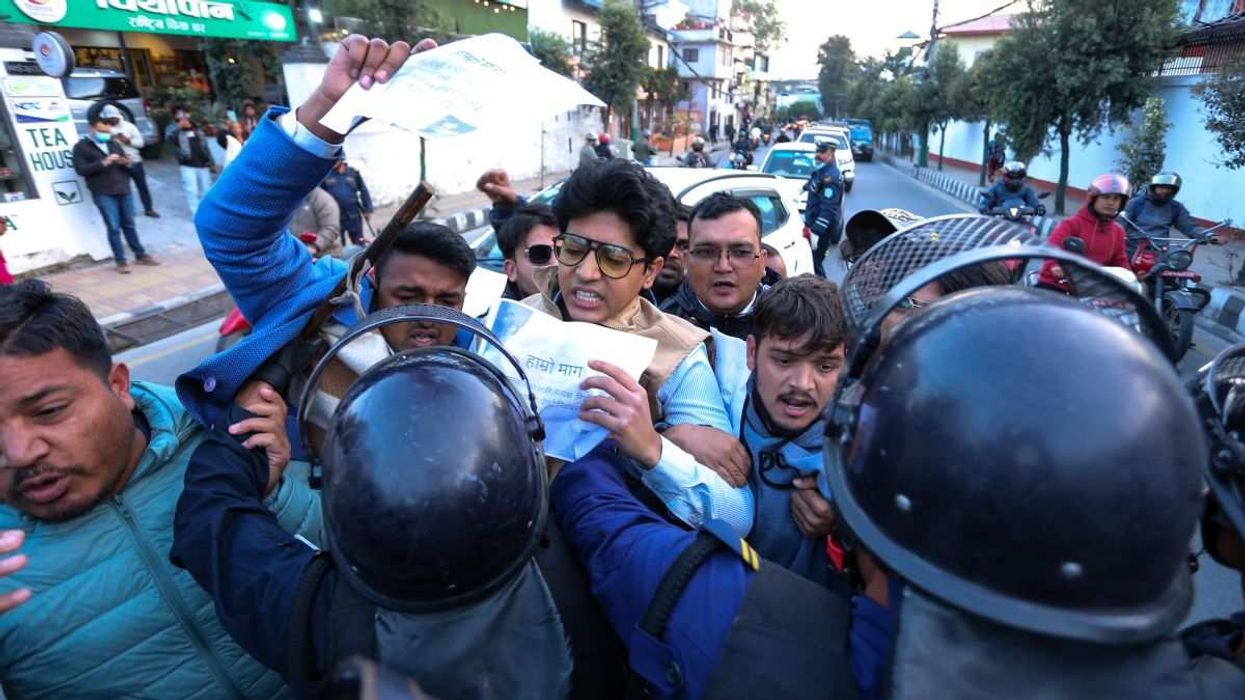Riyadh has invited the world’s governments and technology companies to its Global AI Summit from Sept. 10-12. Having launched in 2020, the summit’s third edition is an opportunity for the Saudi government to assert itself as a regional and global power in artificial intelligence.
So far, it’s doing a “decent job,” said Alexa Parks, an associate in Eurasia Group’s Middle East and North Africa practice, noting how the Saudis are building more physical infrastructure (such as data centers and chip manufacturing capabilities) to support their broader ambition of becoming a regional tech and AI leader. Having an authoritarian government helps, Parks noted, pointing to Saudi Arabia’s nimble policy-making and stable leadership, which allow for stable, long-term investments in industry.
Metrics of success. Participation is key, and Parks said Saudi Arabia’s success is reflected in the number of major companies attending, including Huawei, Nvidia, and Microsoft, which are listed as partners for the event. “The presence of so many heavy hitters in the tech space at the summit is a real victory for Saudi Arabia’s AI ambitions and shows how seriously many in the tech sector are taking Riyadh and its AI and tech goals,” she said.
But the US and China will be butting heads in Riyadh as they vie for influence in the region, especially with Saudi Arabia and the UAE. Last year, the influential Emirati fund G42 cut ties with China to appease the US. In May, Amit Midha, the chief executive officer of the Saudi fund Alat, which is supported by the Saudi Public Investment Fund, said that if asked to choose between the US and China, the fund would divest from China. That came mere months after Alat signed a $200 million partnership with Dahua Technology for surveillance technology for the kingdom’s smart cities projects.
While neither the US nor Chinese government is attending in an official capacity, according to the summit’s website, their top companies’ leaders certainly are. Parks is watching to see if Alat or other funds ink deals with American or Chinese companies at the summit as a sign of how the tides are turning. We’ll report back next week on any significant developments.
“Any agreements that emerge between Alat and American tech companies concerning smart cities during this summit,” she said, “could signal a more concerted American effort to try and start pushing Chinese tech companies out of the Saudi smart city space.”



















